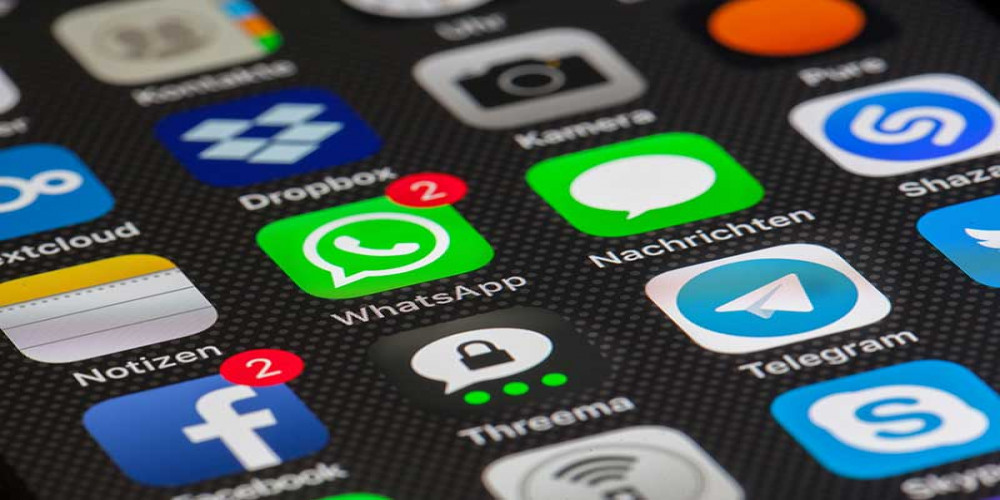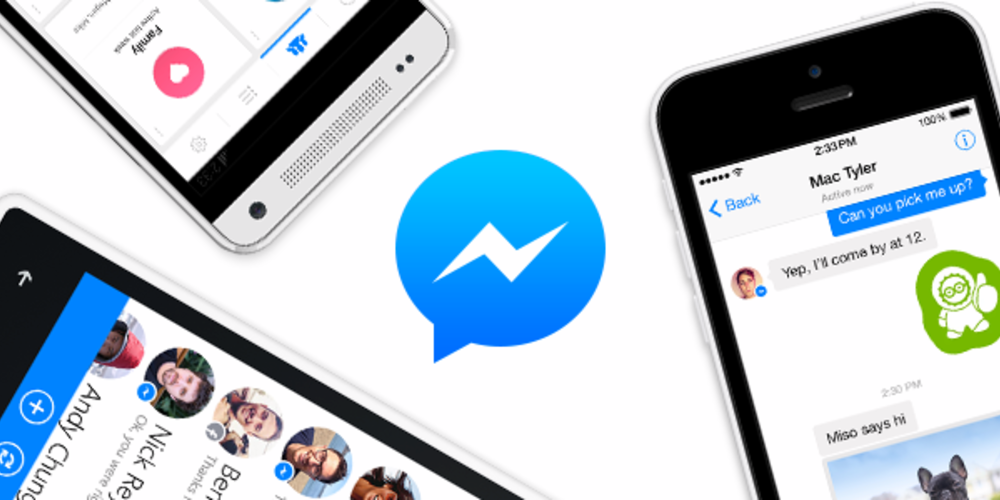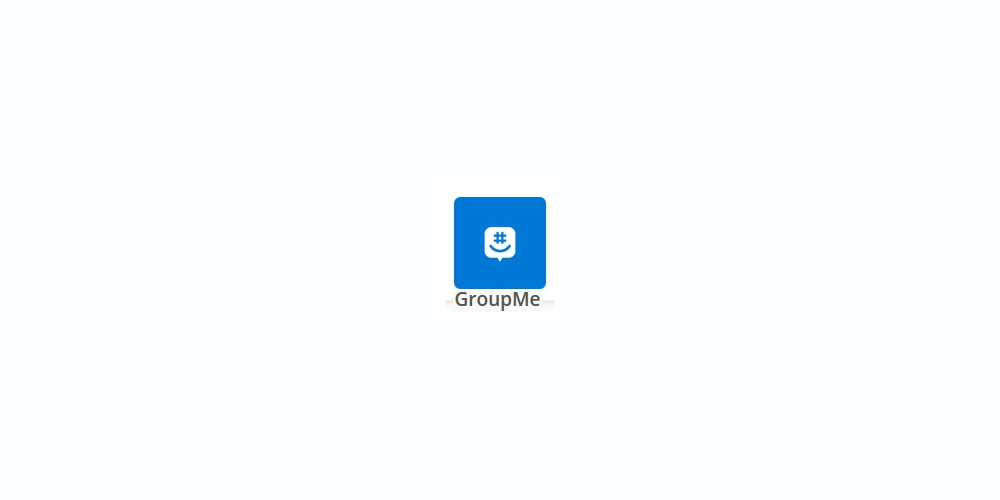Top 5 Apps For Chatting in 2020: Chattability Champions
- 2020-05-05 10:20

In 2020 chat apps are numerous. There is no leader like MSN, ICQ or Skype that used to dominate. Even WhatsApp, the current leader, has to defend itself from rivals. This rivalry, though, doesn’t make users’ life simpler. Now we have to select among these offers, considering the messengers our pals use. Probably you have enough memory in your phone to have them all; but will it be comfortable to switch across a dozen apps?
It’s hard to select the best, so we had to skip some good apps for various reasons. For example, the good old Skype is not chat-oriented (though you can chat in it). Line, WeChat, KakaoTalk or imo.im only enjoy regional popularity, and their features mostly mirror those of WhatsApp or Messenger. As for services like Instagram, TikTok or Twitter, you can use the DM within any of these, but this isn’t their primary purpose. The hardest solution was to exclude Viber and Hangouts; as good as they are, hardly will they beat WhatsApp or Telegram in terms of the user base.
The user base is the key, anyway, and it’s hard to gain in months. No wonder there is no revelation among the best apps 2020. While video conferencing endures the invasion of newcomers now – from Zoom to Marco Polo, no upstart chatting app appeared this year that can beat the recognized leaders. But the situation within the top 5 can change. That’s why we have the list ranked like it is.
Telegram

This messenger is among the fastest growing on the market now. The ambitions of its creator Pavel Durov included a social network of its own (instead of one he used to own in Russia), a marketplace, and even a cryptocurrency! Most of these ambitions, though, are still prospects. What we have now is a decent messenger for texting and voice calls (but no video), a publishing platform with basic formatting and easy subscription, a public chat service, and a cloud that saves your chats and lets you share files.
While encryption Telegram uses is no stranger to most top chat apps, its privacy features are way greater. For example, this service doesn’t expose your real phone number or email (unless your contact already has them in the phone book). This makes Telegram a channel of choice for underground movements – from political opposition activity to criminal acts like piracy, drug dealing, or terror. This caused some countries (including China, Russia and Iran) to ban Telegram – or rather to try, as most of them failed.
Pros: advanced security and privacy options, public channels, publishing platform of its own.
Cons: no video calls, spoiled reputation.

The current leader of the best messaging apps was the one that revolutionized texting back in the early 2010s. But it doesn’t just enjoy its early success and lots of users already used to it. WhatsApp, now owned and run by Facebook, constantly introduces new features.
Its default features include unlimited texting, voice and video calls, all for free. You can send photos and videos, locations and links with it. And its functionality grows each day. It enables you to format your messages like you do on forums. You can watch YouTube videos and read Office documents within it. In some countries, WhatsApp has started its own payment system.
But probably the biggest advantage of WhatsApp for you is that most of your friends, colleagues and relatives already have it. You won’t have to talk them into installing WhatsApp, and that’s the pro. As for the cons, the newest feature Facebook plans to implement is connecting all the private messaging across Instagram, WhatsApp, and Messenger. It may be a menace to privacy.
Pros: the largest user base, constantly updated features
Cons: it’s run by Facebook, with its far from perfect attitude towards security
Messenger

Here is another one by Facebook, and this one is associated with the social network the closest. In fact, it’s a Facebook account you use as your ID in this messenger, so you can be found and contacted through Facebook – unless you block messages from strangers. The set of features is rich: chatting, voice and video messaging, and during the social distancing time, it’s also Rooms for video conferences.
Messenger also lets you play Facebook-based games, send location, links, files, share Facebook posts, photos, videos, and other stuff. It’s meant for private communication, as its public part is mostly on Facebook. It mostly makes sense if you’re on the social network most of your time. That’s why, despite its popularity, it’s just #3.
Pros: integration with Facebook, conference features
Cons: integration with Facebook
SnapChat

When it comes to chatting in unusual formats, SnapChat is still king. Starting with self-destructing messages and then introducing real-time AR masks and filters, it constantly invents new ways to make your communication more emotional. Now, along with that above, it offers cameos – funny videos that can feature you by capturing your face and substituting the protagonist with it. It also has its Bitmoji, also based on your face, and a set of interactive games to play with friends.
This also assumes some security measures. For example, it doesn’t generate your list from your phone book. You have to add contacts manually and wait for them to accept your request – like it was in the 1990s. Messages you send still self-destruct, and if the contact tries to make a screenshot, you’re notified.
Pros: advanced security and media features
Cons: too sophisticated if you just need a chatting app
GroupMe

This one is meant first of all for group chats. The best thing about it is that your contacts don’t need to have this app or a GroupMe account to participate in a chat. It takes just a simple SMS or web interface access to get started. On the other hand, when you’re in, you have stickers and emoji, group and private messages, and even integration with other services (like the aforementioned Skype). That’s why it’s among the best messenger apps, not even enjoying the popularity of Telegram or SnapChat.
Pros: flexible and easy if you need to communicate within a formed group
Cons: if you don’t need to inform a group of people urgently of some event, you probably don’t need GroupMe
More Messaging!
And which of these apps do you consider the best? Have you ever talked your friends or relatives into switching to another messenger? Are you good with one app for everyone, or use multiple? Share your experience in a comment, and we’ll appreciate it.





